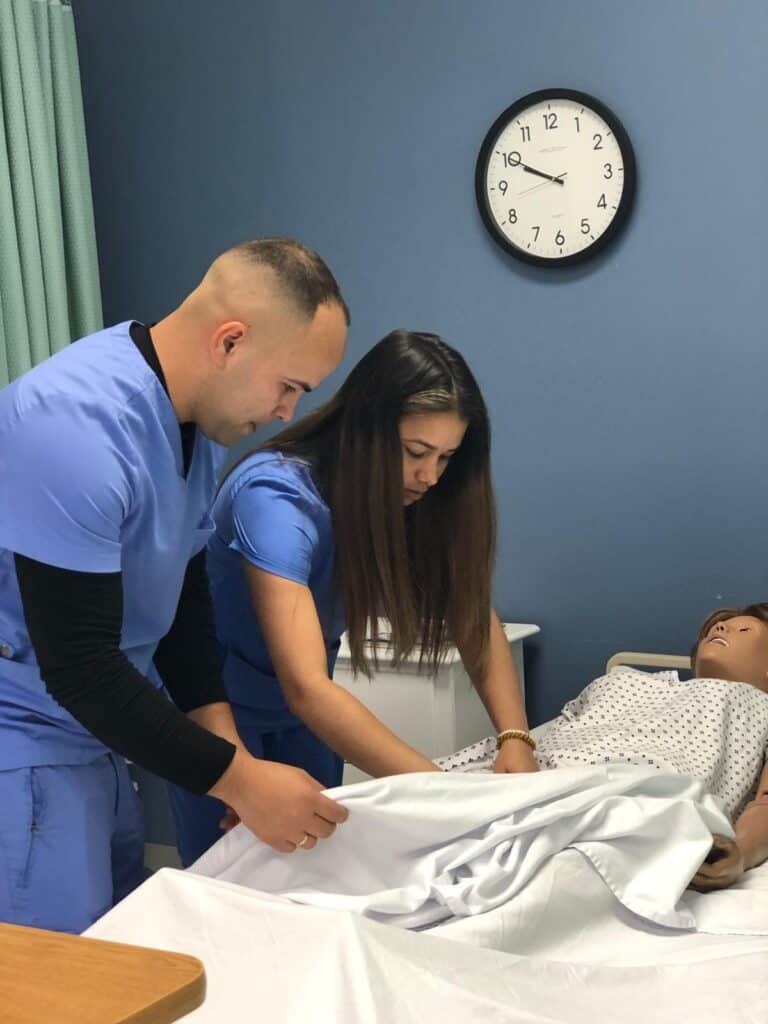
A nursing care plan is not just a routine aspect of any nursing school curriculum, but a fundamental tool every nursing student needs to master. Without a concrete blueprint, caregivers could lose track of a patient’s unique needs and wellness trajectory.
In this article, we will dig into the importance of nursing care plans, their structure, and how to create them, showcasing the critical role of a college nursing program en route.
Let’s get started.
What is a Care Plan in Nursing?
A nursing care plan is a crucial tool for both nursing students and practicing nurses alike. This straightforward document describes a patient’s health condition along with their individual care needs. It marks out systematic steps and approaches that nurses need to take to cater to those needs.
Aside from indicating what nurses need to do, it also sets out achievable health goals for the patient. To paint a true picture, think of it as a personalized guidebook to better health.
What Does a Nursing Care Plan Include?
A nursing care plan is more than just a list; it’s a detailed guide made with patience, knowledge, and care. It includes:
- Complete details about the patient’s medical condition
- The needs of the patient
- How the nurse will meet these needs
- The expected outcomes of the care or the “care goals”
Remember, each part is equally important and needs to be done well for the patient’s benefit.
Creating High-Quality Nursing Care Plans
Drawing up a good nursing care plan isn’t just about checking off things on a list. It’s about having a deep knowledge of your patient’s unique needs and finding the best ways to meet them.
Here’s a rundown of the step-by-step process:
- Step 1: Data Collection: The first thing you need to do is understand the patient’s health situation. This involves looking at their symptoms, medical history, and anything else that could impact their health.
- Step 2: Analysis and Diagnosis: Once you know all about the patient’s condition, it’s time to look for patterns and big issues. This helps you create a nursing diagnosis, which gives a clearer picture of what the patient needs.
- Step 3: Develop Patient Goals: Based on your diagnosis, set some health goals. Make sure these goals are realistic and possible to track.
- Step 4: Create the Plan: It’s time to brainstorm. What are the specific things you can do to help the patient reach the goals you set? List these out in detail and include them in your plan.
- Step 5: Implementation: With your plan complete, now you put it into action. Stay alert to the patient’s condition and be ready to adapt if things change.
- Step 6: Evaluation: Towards the end, it’s crucial to look back and see if your plan worked. Did the patient’s health improve as expected? If not, don’t worry. It’s all about evaluating and tweaking the plan as needed.
Those are the basics. But remember – the best way to get comfortable with creating effective nursing care plans is through a proper nursing program. They give you the chance to learn, try, and perfect this process under the guidance of skilled instructors.
Why Now is the Best Time for a Nursing Career
In the next decade, the employment of registered nurses is expected to grow by 6%, a pace faster than most occupations. Approximately 193,100 openings for registered nurses are projected each year over the same period. Now is a fantastic time to leap into a well-rounded accredited nursing program in Florida.
FVI School of Nursing & Technology crafts a curriculum ensuring students are well-equipped to excel in such a thriving field. Both our nursing school in Miami, FL and our nursing school in Miramar, FL allow you to earn your Associates of Science in Nursing (ASN) degree in only 22 months.
If you’re passionate about healthcare and making a difference, then this is the right time to step up to this fulfilling career path. So, make the first move today and contact us to learn more or apply today to get started.









